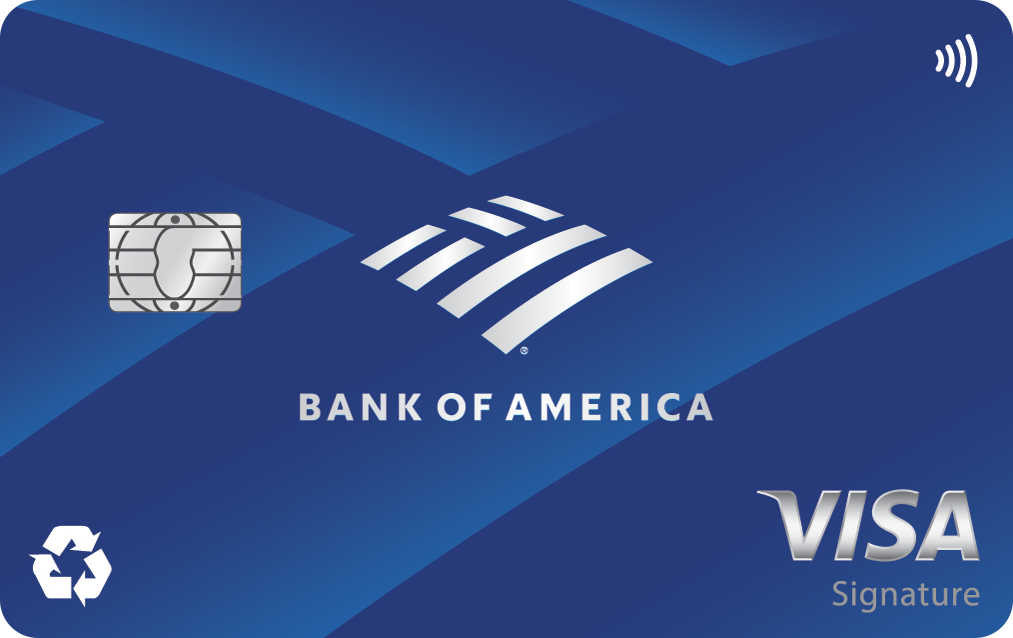Here's How to Fix Your Credit Mistakes
KEY POINTS
- Most creditors check an applicant's FICO® Score (which is based on their credit report) before making a lending decision.
- Even a small error can push a credit score from one rating to another, making the person appear to be a loan risk.
- Credit bureaus have made it easy to dispute mistakes.
A study conducted by the Federal Trade Commission (FTC) found that 1 in 5 people have an error on at least one of their credit reports. While that may not seem like a big deal, errors on your report can lower your credit score, hindering your ability to qualify for credit or making the terms of your credit more expensive.
Your score from a lender's viewpoint
To understand how much credit report errors can cost you, it helps to understand how lenders view your report. When you pay bills each month, most lenders report the payment to one of the big three credit reporting agencies -- Equifax, Experian, or TransUnion. Anyone with a credit history has three reports, one from each agency.
Any time you apply for credit, most lenders look at what's called your "FICO® Score." The FICO® Score was invented in 1989 by Fair Isaac Corporation, designed to help lenders make decisions about borrowers quickly and easily.
Because of the FICO® Score, lenders don't have to comb through your entire credit history. Instead, they can look at the three-digit number associated with your report and get an idea of how well you've managed debt in the past. Scores range from a low of 300 to a high of 850. The higher your score, the better it appears you deal with debt.
Think of it as a monthly report card. If you make a payment in full and on time, your grade goes up. If your payment is late or missed, your grade goes down.
Scores = Ratings
| Rating | FICO® Score Ranges |
|---|---|
| Exceptional | 800-850 |
| Very Good | 740-799 |
| Good | 670-739 |
| Fair | 580-669 |
| Poor | 300-579 |
As the table indicates, the lower the score, the higher the perceived risk. What does this mean to you in real life terms? If you qualify for a loan, the interest rate is likely to be higher to make up for the extra risk a lender feels it's taking. The best terms are typically reserved for borrowers with the highest credit scores.
The tricky bit
You don't always know which of the three major credit reporting agencies a creditor reports to. For example, your mortgage company may report to all three, while a credit card company may report to only one or two of them. The only way to ensure the highest score possible is to pay all bills in full and on time, so no matter where a report is made, your score is protected.
Incidentally, you never know which credit reporting agency a creditor will pull your report from either. Let's say you visit your local credit union to apply for an auto loan. Each creditor decides which agency it wants to use. Again, the trick is to protect your credit score across the board.
Check your reports
Federal law allows you to request one free copy of each credit report annually. It's easy to do through a site like annualcreditreport.com. In fact, due to the current economic challenges facing Americans, the three credit bureaus are providing a free credit report weekly to those who request them.
Once you receive a copy of the three reports, go over each with a fine-toothed comb, looking for anything that is incorrect. Mistakes may seem inconsequential, but every error matters. For example, if your name is spelled incorrectly on a credit report, make a note of it. If a loan you've already paid off shows up on your credit report as still being active, circle it. No matter how minor an error you find, it's worth disputing.
Dispute mistakes
The Consumer Financial Protection Bureau offers these eight tips for disputing credit report errors:
- Contact the credit bureau in question by phone, online, or by mail (see contact information below).
- Provide your contact information.
- Clearly identify each mistake. For example, if a report gets an account number wrong, let the credit bureau know.
- Explain why you're disputing the information.
- Request that the information be corrected or removed from your report.
- Enclose a copy of the portion of your report that contains the error. Circle or highlight the disputed information. Be sure to keep the original document for your records.
- If you're making the dispute by mail, send the letter by certified mail and ask for a return receipt. That way, you have proof the letter was received.
- Wait to hear back. Credit reporting agencies typically have between 30 and 45 days to investigate your dispute. If they cannot prove the information correct, it must be changed or removed from your report.
Contact information
If you need to dispute something on a credit report, here's how to contact the three credit bureaus.
Equifax
Write to:
Equifax Information Services LLC
P.O. Box 740256
Atlanta, GA 30348
Or call (866) 349-5191, or the phone number provided on credit report
Experian
Write to:
Experian
P.O. Box 4500
Allen, TX 75013
Or call (888) 397-3742, or phone number provided on credit report
TransUnion
Write to:
TransUnion LLC
Consumer Dispute Center
P.O. Box 2000
Chester, PA 19016
Or call (800) 916-8800, or phone number provided on credit report
Impact to your score
Some issues -- like an incorrect address -- will not impact your credit score. However, the removal of debt that you no longer owe or inclusion of loans you've paid off can increase your score. And as you can see from the first table above, even a small increase can push you into another credit rating.
For example, if your score was 665 and is boosted by 5 points to 670, your rating moves from fair to good. Every little bit can help, so take the steps necessary to fix errors if you find them.
Our Research Expert
We're firm believers in the Golden Rule, which is why editorial opinions are ours alone and have not been previously reviewed, approved, or endorsed by included advertisers. Motley Fool Money does not cover all offers on the market. Motley Fool Money is 100% owned and operated by The Motley Fool. Our knowledgeable team of personal finance editors and analysts are employed by The Motley Fool and held to the same set of publishing standards and editorial integrity while maintaining professional separation from the analysts and editors on other Motley Fool brands. Terms may apply to offers listed on this page.



